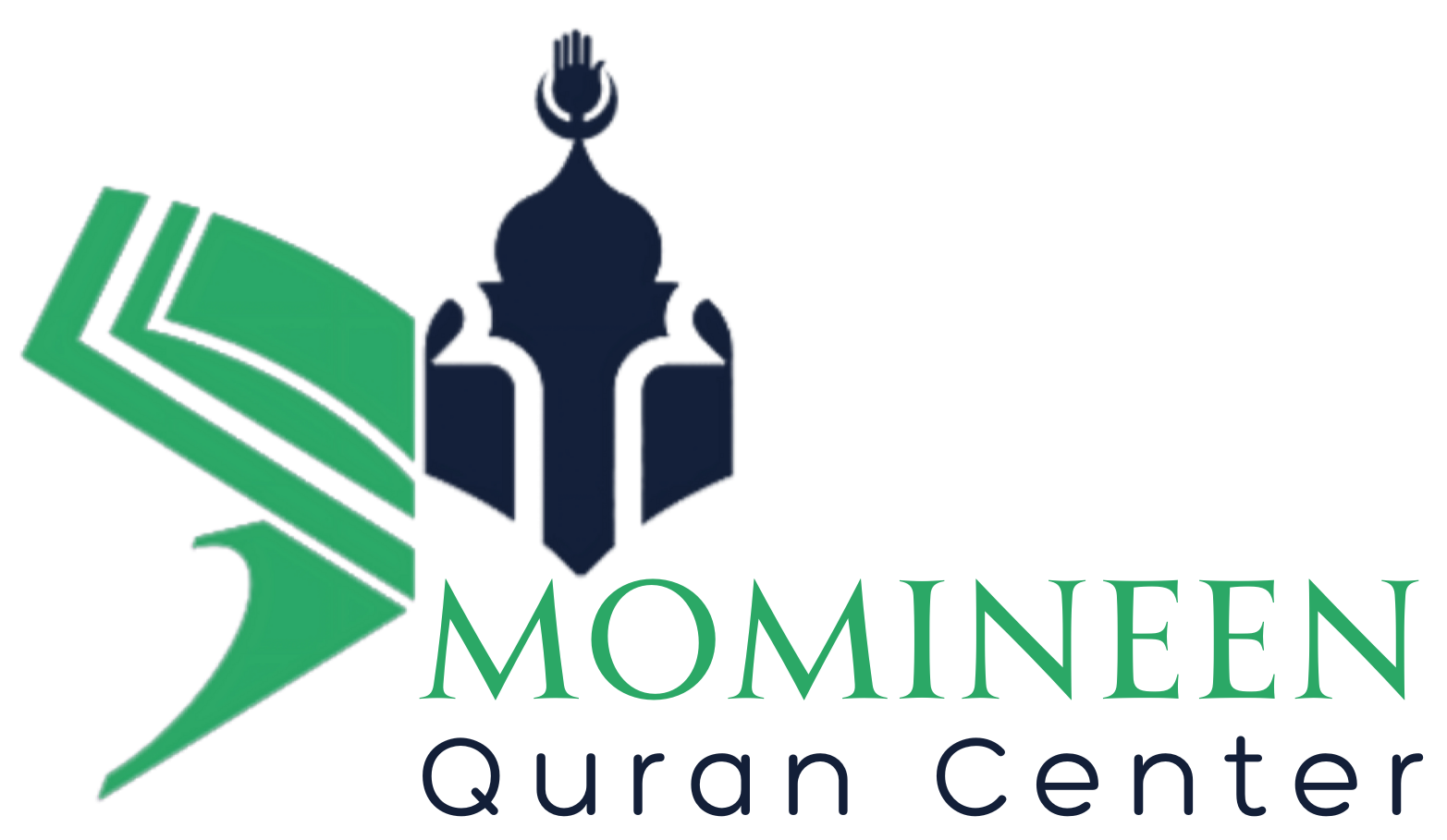Momineen Quran Center – Online Shia Quran Classes with Dedicated Virtual Teachers
As the ninth day of Muharram dawned, Imam Husayn (a.s.) and his companions entered their third day without a single drop of water. The blazing sun over Karbala bore down mercilessly upon the tents of Ahlul Bayt (a.s.). In that camp, a six-month-old child, Ali al-Asghar (a.s.), cried inconsolably. His mother’s milk had dried due to starvation and dehydration, and the cries of the children echoed through the desert. Sayyida Zainab (a.s.) tried to soothe them, while young Sukaynah (a.s.) wandered in search of water, witnessing scenes no child should ever see.
One of Imam Husayn’s loyal companions, Burair al-Hamadani, was moved by the children’s agony. Along with some companions, he attempted to fetch water from the Euphrates. Though briefly successful, their noble act ended in heartbreak when the precious water was spilled in the jostling of desperate children. The sight of their efforts and the intense cruelty of those who denied water even to infants became a testament to the moral depravity of Yazid’s army.
A Preemptive Defense Against Betrayal
Intelligence reached Imam Husayn (a.s.) that Umar ibn Sa’d was planning a surprise night attack—an act considered cowardly even by the wartime standards of that era. Imam Husayn (a.s.), anticipating such treachery, ordered a trench to be dug around the camp, filled with firewood and set ablaze. It was a grim but necessary measure to protect his family and companions.
One of the enemy soldiers, mocking this scene, compared the flames to the fire of Hell. Imam Husayn (a.s.) replied with dignity and divine trust: “You threaten me with fire while I eagerly await union with my Creator.” The mocker was soon engulfed in flames—his arrogant words consumed by divine justice.
A Last Plea for Humanity
Imam Husayn (a.s.) sent his brother, Abbas (a.s.), to speak with Umar ibn Sa’d, hoping to appeal to reason. Abbas asked a profound question: “What crime has Husayn committed?” The answer he received was chilling: the order from Ibn Ziyad was clear—submit to Yazid or face death.
When Abbas (a.s.) returned to the camp, he delivered a final message to the enemy: “You are not unaware of who Husayn is. You invited him. Now you deny him water and plot to kill the grandson of your Prophet (S)? Think, for this night is your final chance. Tomorrow will be the Day of Judgment for your actions.”
Consciences Awakened
That night of reflection—the 9th of Muharram—proved to be a turning point for a few brave souls. Warriors such as Qurra bin Qeis and Al-Hurr ibn Yazid, originally part of the enemy army, were tormented by the cries of thirsty children and the nobility of Imam Husayn’s cause. They crossed the battlefield to join Husayn, choosing truth and martyrdom over shame and worldliness.
At Momineen Quran Center, we teach our students not only how to recite the Quran with clarity, but also how to reflect deeply on stories like these—where truth, patience, and faith triumph over cruelty, despite overwhelming odds.
Imam’s Final Speech to His Companions
After the night prayers, Imam Husayn (a.s.) gathered his companions. He thanked them for their loyalty but released them from their oath: “You are free to go. I do not wish anyone to face death because of me.” Then, he extinguished the lights, giving those present the chance to leave without embarrassment.
When the lights were turned back on, only 72 loyal companions remained.
Their courage was unmatched. Each one declared their willingness to give up their lives. Zuhair ibn Qain proclaimed: “If I were to be killed and brought back to life a thousand times, I would still choose to fight for you.” Even the elderly and the young were eager to protect the grandson of the Prophet (S).
Women encouraged their sons to fight, reminding them of the heroism of Hamza (a.s.), Ja’far (a.s.), and Ali (a.s.). The atmosphere in Imam Husayn’s camp was filled not with fear, but with spiritual resolve. Sounds of “Allahu Akbar” and prayers reverberated throughout the night.
Al-Hurr’s Redemption
Perhaps the most moving moment of the night came from al-Hurr. Pacing restlessly in his tent, he wrestled with guilt. By dawn, he made his decision. “I am at the crossroads between Heaven and Hell,” he said. “I choose Heaven.” Al-Hurr, along with his son, brother, and servant, approached Imam Husayn (a.s.) and asked for forgiveness.
Imam Husayn (a.s.) welcomed them with open arms, declaring, “Your Lord is pleased with you.”
At Momineen Quran Center, we remind our students that Karbala was not just a battlefield—it was a spiritual test of sincerity, sacrifice, and choice. Al-Hurr’s story is a timeless reminder that no matter how far we stray, the door to repentance remains open.
💡 Reflection for Our Students
-
Why did Imam Husayn (a.s.) offer his companions a chance to leave?
-
What makes Karbala different from all other battles in human history?
-
How can we apply the spirit of Karbala in our daily lives—especially when facing peer pressure or injustice?
Our Shia Quran classesare more than lessons in pronunciation or memorization—they’re an invitation to live by the Qur’an and the legacy of the Ahlul Bayt (a.s.).
🕋 Join us at Momineen Quran Center to explore more about the timeless lessons of Karbala, and let your heart be inspired by the devotion, courage, and unshakeable faith of the lovers of Ahlul Bayt (a.s.).
whatsapp:+923356597570


0 Comments